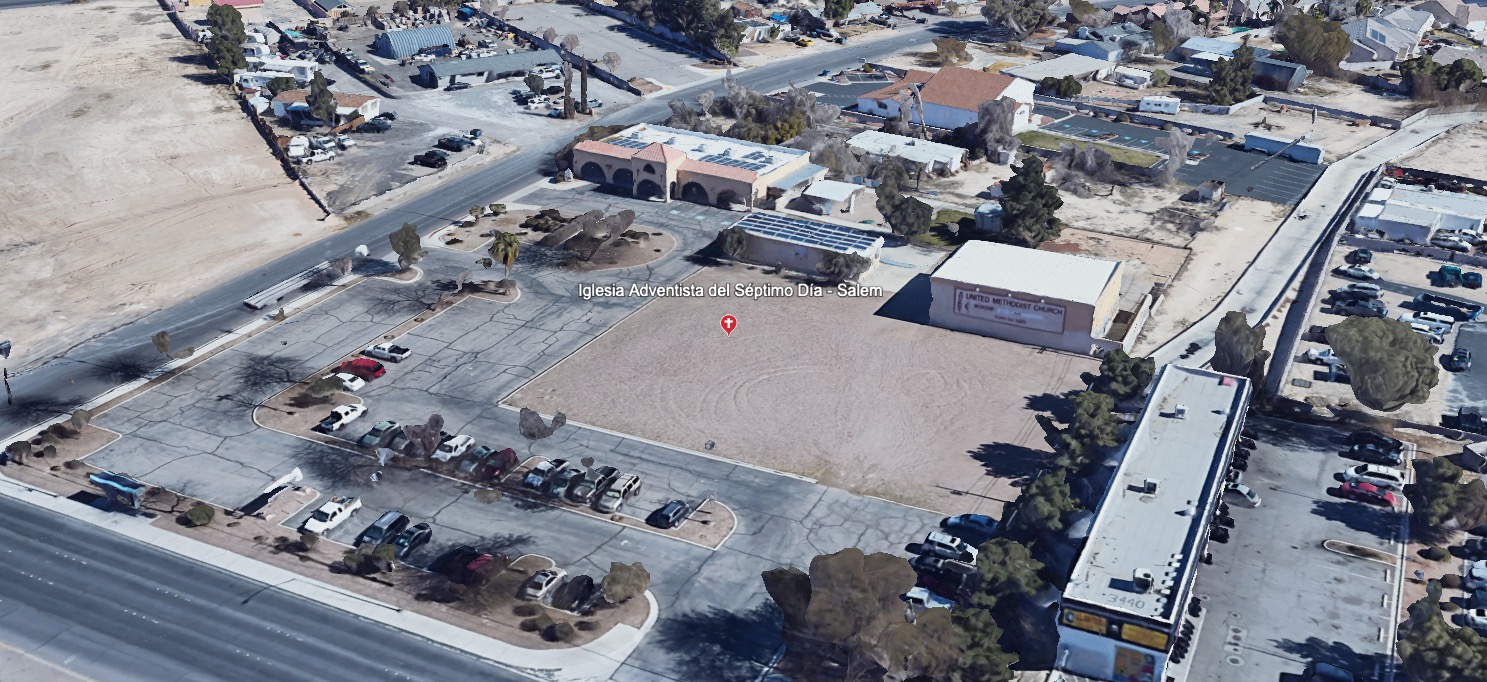 Eve Williams never planned to be a developer. As the community engagement coordinator for the United Methodist Church, Pastor Williams was responsible for social ministries within the Desert Southwest Conference. It was through her connection with the "faith-based development" movement that she felt she could address the call from many neighbors in southern Las Vegas for more affordable housing.
Eve Williams never planned to be a developer. As the community engagement coordinator for the United Methodist Church, Pastor Williams was responsible for social ministries within the Desert Southwest Conference. It was through her connection with the "faith-based development" movement that she felt she could address the call from many neighbors in southern Las Vegas for more affordable housing.
In 2021, the United Methodist Church connected with Anthony Kazee through the “Elevate NV” event organized by the Nevada Housing Coalition. Anthony, based in Wisconsin, specializes in affordable permanent supportive housing and utilizing Low Income Housing Tax Credits (in combination with historical tax credits).
Together their vision took shape. “A Place to Call Home” became the name for a new development of 50 units on church property, which would also include a digital health clinic, childcare center, a dog park, and a residential garden. Located on a designated highway in an older zone of Las Vegas, this site is across the street is one of the city’s worst crime areas and is surrounded by residential and commercial buildings.
“It was a ‘success story’ on accident!” says Eve Williams.
However, it’s worth noting that the city of Las Vegas had long considered Rancho Drive as a site for additional development. It was included in their 30-year plan for economic and community improvement, which laid the foundation for municipal collaboration.
The target population for the development is broad, including family, seniors, and youth aging out of foster care. However, the United Methodist Church aims to prioritize seniors and youth aging out of foster care for more intergenerational interaction. Additionally, 10 units are set aside for individuals experiencing Intellectual Development Disabilities or at-risk of homelessness.
Currently, the development is working with service providers and encouraging neighborhood residents to share collective knowledge and history between older and younger generations, and vice versa. Eve explains, “We are hoping that greater community building happens along the way.”
Regarding the capital stack, Anthony mentioned that they closed the deal a few months ago, utilizing a blend of 8 total sources. They were competitive in Nevada for tax credits and received grants from the county, city of Las Vegas (forgivable loan), Nevada Housing Agency, deferred developer fee, and FHLB of San Francsico (applied for $1.2 million in AHP funding).
The allocation of 20% supportive units created a cash flow gap. “Like many developers these days,” Anthony shared, “we have had to defer the development fee.”
The development received assistance in their LIHTC application from Baker Tilly, who’ll manage the construction draw process and provided an additional review of the application. FHLB application was submitted in March and they expect to know in June whether they were rewarded the grant. They will be competing with 18 projects this year; the grant award came through in six weeks last year, although the process was not always linear.
How did visioning with the entire community influence the plan for “A Place to Call Home”? “Churches have a deep sense of meaning and calling, and good churches focus on engaging with the community,” shared Pastor Williams, “The question should be how we use our resources to serve the community around us.” Williams noted that this mindset led United Methodist to opt for a land lease and remain engaged with the developer, the property, and its future tenants.
The church conducted a neighborhood walk to inform residents about the development and gather feedback. They held a neighborhood meeting, which generated positive energy. They also invited KG development to several meetings with the congregation to answer questions directly. The dog park was a direct result of their engagement and a community-led idea.